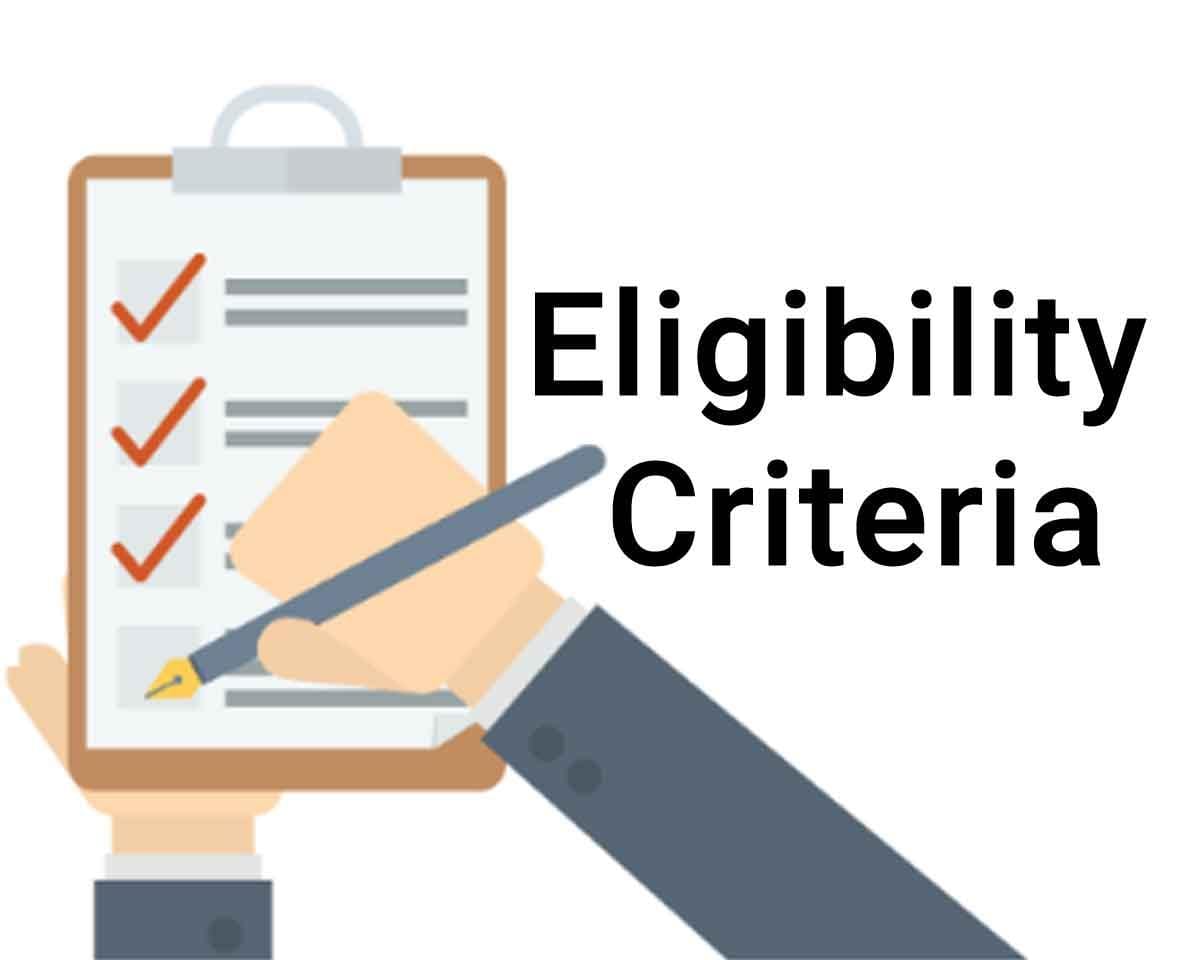Erectile dysfunction (ED) isn’t just a sexual health issue—it can also be an early warning sign of heart disease. Research shows a strong link between ED and cardiovascular disease (CVD), meaning that men with ED may have a higher risk of heart problems. However, many doctors and patients aren’t fully aware of this connection, and clear guidelines on screening and prevention are still lacking. This article explores why ED and CVD are related, how doctors assess risk, and what steps men can take to protect their heart health.
Understanding the Connection Between ED and Heart Disease
Erectile dysfunction occurs when blood flow to the penis is reduced, making it difficult to get or maintain an erection. Since erections depend on healthy blood vessels, ED can be an early sign of atherosclerosis (narrowing and hardening of the arteries), which also affects the heart. In fact, studies suggest that ED often appears 3 to 5 years before heart disease symptoms, making it a potential early warning sign.
Why Are ED and CVD Linked?
The main reason for this connection is endothelial dysfunction, a condition where blood vessels lose their ability to expand properly. This affects both the arteries supplying the penis and those feeding the heart. Common risk factors for both ED and CVD include:
- High blood pressure
- High cholesterol
- Diabetes
- Smoking
- Obesity and lack of exercise
- Chronic stress and poor sleep
Because of these shared risks, men with ED—especially those under 50 with no obvious cause—should be screened for heart disease.
What Do Medical Guidelines Say?
The 2012 Princeton III Consensus Conference was a major step forward in recognizing ED as a predictor of heart disease. It recommended that:
- All men with ED should be evaluated for CVD risk, even if they have no heart symptoms.
- Doctors should use risk assessment tools (like the Framingham Risk Score) to estimate a patient’s chances of developing heart disease.
- Lifestyle changes and heart-protective treatments (such as controlling blood pressure and cholesterol) should be started early in men with ED.
Despite these recommendations, many cardiologists and urologists still don’t routinely check for CVD in ED patients—or vice versa. This means men may miss an opportunity for early heart disease detection and prevention.
How Should Men with ED Be Screened for Heart Disease?
If you have ED, especially if you’re younger than 50 and don’t have diabetes, your doctor may recommend:
- A full cardiovascular risk assessment – This includes checking blood pressure, cholesterol, blood sugar, and family history.
- Exercise stress testing – If you have multiple risk factors, a treadmill test can help detect hidden heart problems.
- Lifestyle counseling – Improving diet, exercising, quitting smoking, and managing stress can help both ED and heart health.
- Medications if needed – Statins, blood pressure drugs, or diabetes management may be prescribed to reduce CVD risk.
The Role of Urologists and Cardiologists
Since ED is often the first sign of heart trouble, urologists can play a key role in early detection. They should:
- Ask about heart disease risk factors in men with ED.
- Refer high-risk patients to a cardiologist for further testing.
- Encourage lifestyle changes to improve both sexual and heart health.
On the other hand, cardiologists should ask their male patients about ED, as it can indicate worsening heart disease. Unfortunately, many heart specialists overlook this symptom, focusing only on traditional risk factors like chest pain.
Reference link here: https://pubmed.ncbi.nlm.nih.gov/26846406/
What Can Men Do to Protect Their Heart and Sexual Health?
Since ED and CVD share the same root causes, improving one often helps the other. Here’s what you can do:
Quit smoking – Smoking damages blood vessels and worsens both ED and heart disease.
Exercise regularly – Physical activity improves circulation and reduces heart disease risk.
Eat a heart-healthy diet – Focus on vegetables, whole grains, lean proteins, and healthy fats.
Control blood pressure and cholesterol – These are major contributors to both ED and CVD.
Manage stress and sleep well – Chronic stress and poor sleep increase inflammation, harming blood vessels.
Final Thoughts
Erectile dysfunction isn’t just a standalone issue—it’s often a red flag for heart disease. Men with ED, especially younger men without diabetes, should be screened for cardiovascular risks. Early detection and lifestyle changes can improve both sexual function and long-term heart health. If you have ED, don’t ignore it—talk to your doctor about checking your heart health as well.

